WITH YOUR SUPPORT,
AGRICULTURE AND BIORESOURCES WILL CHANGE OUR WORLD

AGRICULTURE AND BIORESOURCES
THE WORLD NEEDS
With alumni, donors and community partners like you, we will impact our students and researchers, and Be What the World Needs.
The College of Agriculture and Bioresources is committed to responsibly caring for the environment while finding solutions to meet the demands of a hungry and growing world.
Your support will help the College of Agriculture and Bioresources (AgBio) realize our full potential, and help us advance the responsible use of land, water and bioresources to provide products and services that enhance the quality of life for the people of Saskatchewan and around the world.
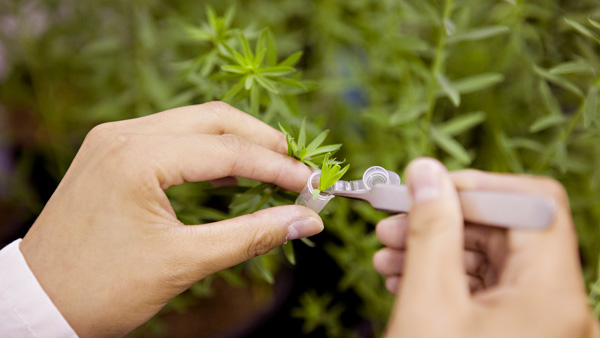
Living Lab Field Station - Expanding our research lands
Crop research and variety development have been central research areas since the college’s early days. Furthermore, since the Crop Development Centre was established in 1972, more than 500 commercial crop varieties have been released. With changing climate, shifting disease and insect risks, and demands to produce higher yields with fewer inputs—the need for varietal improvement is growing exponentially.
At the same time, we are embarking on emerging areas of research such as our move into a new digital agriculture frontier, supporting the expansion of the provincial irrigated acreage, and the in-depth and long-term studies of soil health and sustainable production.
To support all of these areas of research, the college seeks to expand its research-land base. Donors may support our land intensive research programs through the AgBio Land Development Fund.
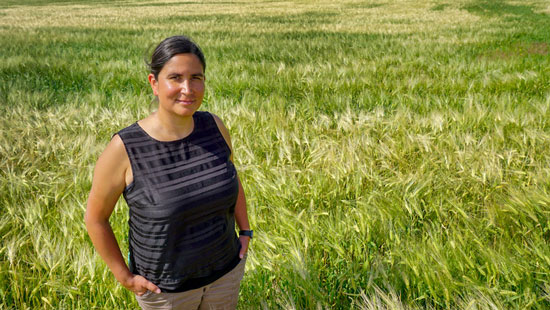
Indigenous Engagement Fund
Engagement with our Indigenous stakeholders is critical to building understanding and trust as we embark on expanding our program offerings and critical new research partnerships.
This fund will support the numerous incidental expenses associated with this ground-breaking work. Smaller gifts will help cover costs of travel to engage with communities and to support the Elder-in-Residence program.
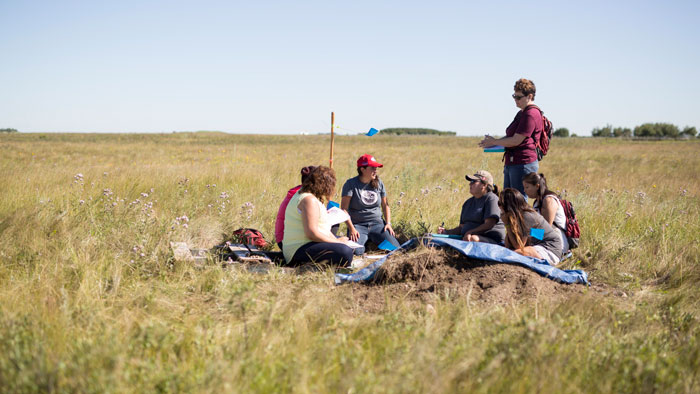
New pathways for Indigenous education
Through specialized scholarships and bursaries, we wish to encourage and support Indigenous students on their journey for an AgBio Education.
These may include scholarships for Indigenous students entering AgBio programs, targeted funds for students taking first year courses while still in high school, funds for program enhancement to assist students moving from high school to our Kanawayihetaytan Askiy certificate program as well as those carrying on to other AgBio degree programs.
We also endeavour to support Indigenous students in remote communities with online and course offerings at the Prince Albert USask campus.
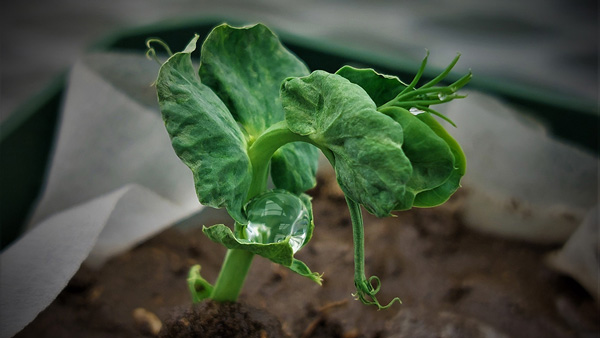
The Crop Development Centre Enhanced Breeding Facility
Indoor plant growth environments allow breeding programs to accelerate the development of new crop varieties. However, the Crop Development Centre’s (CDC) breeding program needs have exceeded the college’s controlled-environment growth chamber capacity. This lack of capacity is a significant bottleneck to early-generation breeding selection thereby delaying further field-testing on promising lines – ultimately slowing the release of new varieties.
The CDC Enhanced Breeding Facility and field laboratory upgrade will provide a new foundation for expanded plant breeding research. Leveraging commitments from producer associations and industry partners, we are seeking to develop the new CDC Enhanced Breeding Facility and upgrade our existing crop research facilities with the support of additional donors.
Contributions to the CDC Enhanced Breeding Facility development plan will support the realization of this essential facility and ensure that western Canada’s largest plant-breeding centre continues its leadership in crop development research.
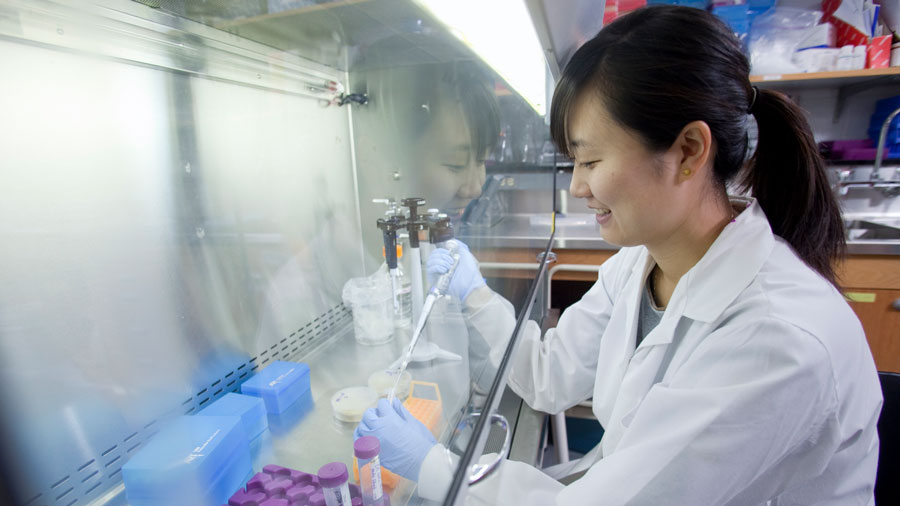
Boosting skills through micro-credentialling
Our current students, alumni and other industry participants are seeking opportunities to further enhance their credentials and expand their knowledge related to sustainable agriculture.
Our solution is to provide bite-size learning opportunities packed with the cutting-edge knowledge necessary to remain competitive in today’s career environment. This new format programming will enable students to earn micro-credentials while zeroing in on specific skills and subjects that are critically linked to sustainable production (such as digital agriculture and plant breeding).
An investment in our micro-credential initiatives could be directed to support the development of the micro-credential courses as well as the program delivery platform to establish a new School of Continuing Education.
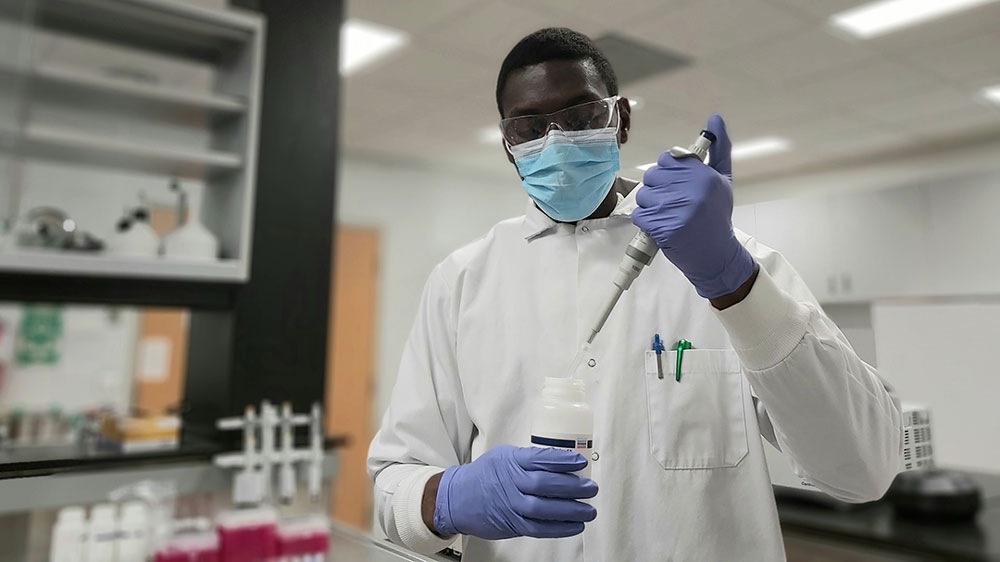
Graduate scholarships and bursaries
The contributions of our graduate students are extremely important for the work we do in the college. Building upon the research of our faculty members and their discoveries, our graduate students are conducting innovative research making them an invaluable asset to our research portfolio. Increased student support will attract top talent to the college and graduate student awards will enhance and support the academic goals of students pursuing a MSc, or PhD level programs.
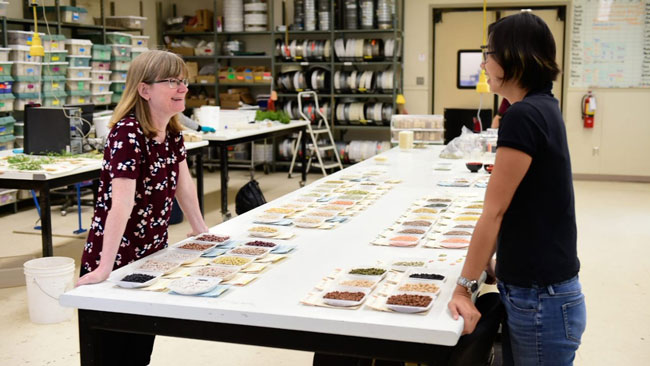
Undergraduate scholarships and bursaries
Undergraduate bursaries and scholarships provide direct support to students by alleviating some of the financial barriers to funding an education. Undergraduate scholarships and bursaries help create a path to academic excellence, by providing students the opportunity to focus on their studies.
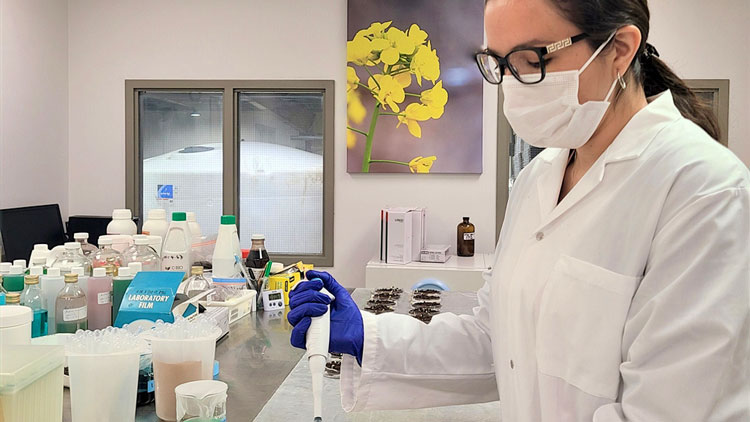
International student awards
Due to selective eligibility criteria, international students tend to be under supported from awards compared to their domestic counterparts. These students also pay higher tuition costs and often face additional financial burdens associated with maintaining connections to their home countries.
Bringing international perspectives and alternative worldviews, they enhance the student experience for all and contribute to the fabric of the college in countless ways. Donors are encouraged to consider and support these essential members of our student family.
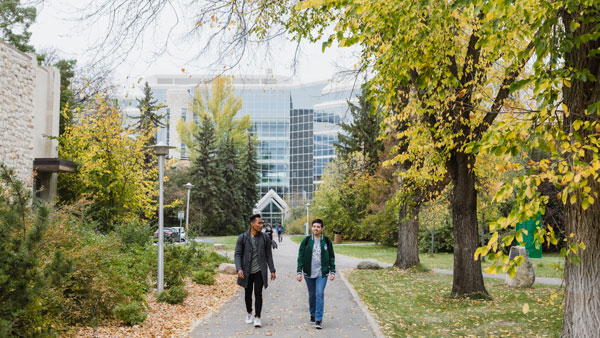
Rethinking the traditional classroom
The COVID-19 pandemic made us rethink our class delivery methods. While many students still prefer in-class learning, the pandemic has proven the need to invest in a more robust virtual campus.
As we emerge from the pandemic, student preferences strongly indicate online, and hybrid learning options are here to stay. To meet this need, we must invest in virtual infrastructure to increase the quality and selection of online courses. Building our virtual college allows us to expand our course offerings outside of our physical campus, making education more accessible to students in our province and beyond.
Serving the central and northern regions of the province, AgBio offers limited first-year classes at the Prince Albert USask campus, where students have access to the same high level of instruction and programing that we’re known for throughout Saskatchewan and beyond.
We understand that access to higher education can be challenging for many students due to family responsibilities, financial limitations, and other factors. To minimize these challenges, AgBio will invest in expanding course offerings beyond first-year classes. Increasing course capacity, the Prince Albert USask Campus will create opportunities for students experiencing accessibility challenges and will increase enrolment by non-traditional students.
Hamish Tulloch
Director of Development, College of Agriculture and Bioresources
Tel: 306-966-8893
hamish.tulloch@usask.ca

